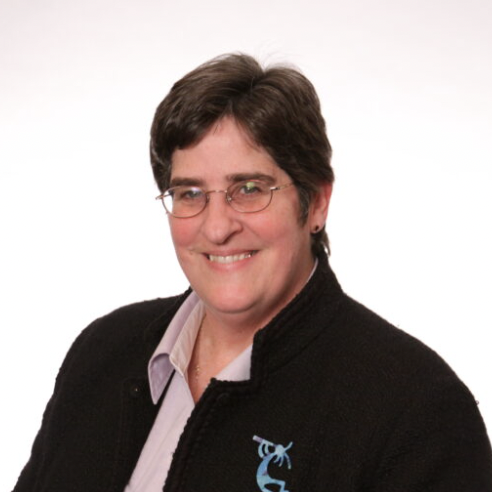About the Foot & Ankle Disorders Working Group
Foot and ankle disorders are prevalent in rheumatic and musculoskeletal diseases, causing significant pain and disability. In rheumatoid arthritis, foot involvement has been identified as the second most frequent site of symptoms after the hand, and foot pain is reported to occur in up to 80-94% of people with the condition. Foot involvement frequently persists in rheumatoid arthritis, even when clinical remission of disease activity is achieved.
Involvement of the foot also occurs in other types of inflammatory arthropathies; forefoot deformities affect over 90% of people with psoriatic arthritis, with 62% reporting foot pain, and foot involvement is a cardinal feature of gout, affecting 89% of patients. Osteoarthritis is also very common in the foot, affecting one in six people aged 50 and over, and is often characterised by persistent pain and stiffness. Foot disorders in inflammatory and osteoarthritis can lead to functional limitations and a reduction in quality of life.
There must be all sorts of effective treatment options for patients depending on the severity of their condition. From insoles, to physiotherapy, to steroid injections and surgery if necessary. What’s the problem?
Mechanical factors are increasingly thought to have a major role in the persistence of foot pathology in inflammatory and osteoarthritis. However, despite the widespread use of conservative treatments used in clinical practice, there are a lack of high quality clinical trials assessing the efficacy of interventions for foot and ankle disorders.
Furthermore, there is currently no agreed-upon set of standardised outcomes to be measured and reported in trials for foot and ankle disorders in rheumatic and musculoskeletal diseases. Outcome measures vary considerably among studies, limiting the ability to compare findings with satisfactory meta-analyses, and outcomes may be selectively reported or lack relevance to patients and clinicians, limiting the implications of study findings for clinical practice.
Is there good news?
Yes! A great group of patient partners, clinicians, researchers and product developers are working together to solve this problem.

Marian Hannan
Co-Chair

Philip Helliwell
Co-Chair

Hylton Menz
Co-Chair

Heidi Siddle
Co-Chair

Lara Chapman
Fellow

Catherine Hofstetter
Patient Research Partner

Pam Richards
Patient Research Partner
Foot & Ankle Working Group Summary
Working Group Members:
Abdelhafeez Moshrif
Ahmed Elsaman
Alireza Meysami
Amaury Brianez
Amir Rezaee
Angie Botto-van Bemden
Anthony Redmond
Aya Akmal Amin
Bethan Richards
Beverley Shea
Caroline Flurey
Catherine Bowen
Catherine Hofstetter
Christopher Drake
Deb Constien
Denise Bury
Diane Krock
Dorcas Beaton
Edward Henstridge
Eiman Soliman
Ellie Pinsker
Gabriel Gijon
Gehad Maghraby
Gordon Hendry
Heidi Siddle
Hylton Menz
Ingrid Moller Parera
Inna Gaydukova
James Woodburn
Jane Hayes
Janet Wyatt
Javier Rios
Jean-Noel Talabardon
Karen Natali Saravia Chocobar
Kate Betteridge
Kathryn Stok
Khaled Abdelgalil
Khaled Saadaoui
Krystyne King
Lara Chapman
Lays De Souza
Liliia Shvets
Lindsey Cherry
M Masudul Hassan
Madusha Menu Cristeen Jayasinghe
Maria Stoenoiu
Maria Queiroz
Marian Hannan
Mark Campbell
Maxine Isbel
Melina Dissanayake
Michelle Marshall
Narelle Wyndow
Pamela Richards
Panagiotis Ermeidis
Peter Tugwell
Philip Conaghan
Philip Helliwell
Rafael Bernardes
Rebecca Johnson
Robert Wonink
Sarah Stewart
Sasikala Bheemireddy
Shannon Munteanu
Tamer Gheita
Terry Lowdon
Tiffany Gill
Toby Smith
Tracy Stryczynski
Valeriia Riazanova
Vibeke Strand
Yeonhew Kim